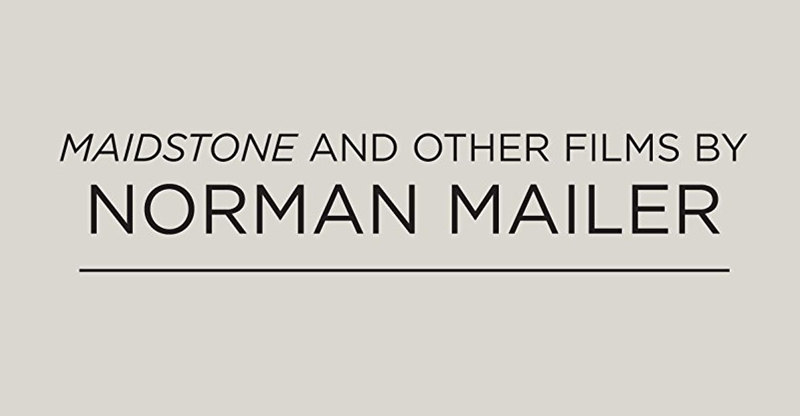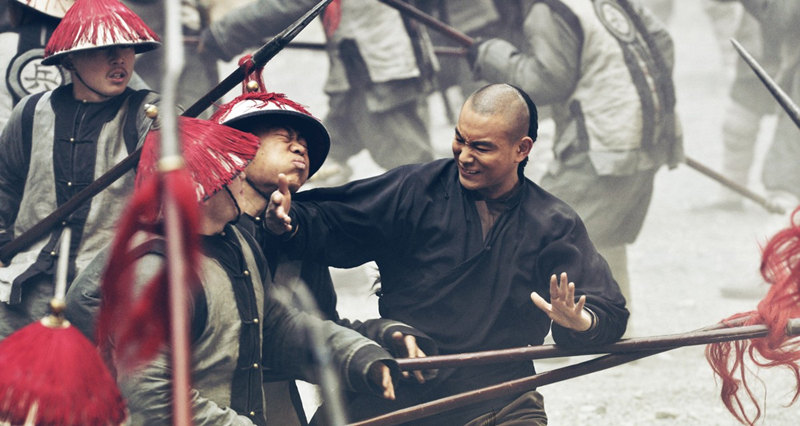Shin Bet is the Israel Security Agency responsible for protecting that nation against terrorism. Their motto? “Defender that shall not be seen.” Or identified. Except for the leader, we’re told in this 2012 documentary that everyone else in the organization is anonymous.
Filmmakers often talk about gaining “unprecedented access,” but Dror Moreh’s “The Gatekeepers” is going to be tough to top. The director secured the candid, on-camera participation of all six former Shin Bet chiefs who are still living—even one who, at the time the interviews were filmed, was still serving as Shin Bet chief. The six men shown on camera talk about the history-shaping events that occurred during their time as agency head and share attitudes about everything from Palestinian statehood to interrogation effectiveness.
A common concern among the men, whose personalities and attitudes differ sharply in other areas, was the heavy burden placed on them to decide the fate of human beings. Collateral damage and targeted assassinations via drones were huge concerns. You have the chance to take out a known terrorist, but the people with him may not be a part of his “gang.” Do you still give the order, even if it means killing innocent people? In recalling specific incidents that happened during their tenures, the former chiefs talk about the difficult decisions that they had to make—ones that clearly weigh on them still.
Featured are:
Avraham Shalom (chief from 1981-1986)
Yaakov Peri (1988-1994)
Carmi Gillon (1995-1996)
Ami Ayalon (1996-2000)
Avi Dichter (2000-2005)
Yuval Diskin (2005-2011)
Israel has been dealing with the threat of terrorism since the six-day war established the nation of Israel—before the word was widely used. For the rest of the world now getting up to speed with counterterrorism measures, this documentary is a revelation. Unfortunately, it’s not a rosy picture that the men paint. Watching this film you can see why there has been no peace in the Middle East, and why the prospects for the future look dim.
The structure is both chronological and topical, with major events also providing narrative touchstones. Moreh divides his film into seven subtitled sections:
“No Strategy, Just Tactics” never quite explains the semantics, but we do get a basic history of Shin Bet from the time of the Six-Day War to the subsequent occupation of the Palestinian territories. One former director actually goes on record as saying he favors Palestinian statehood.
“Forget about Morality” zeroes in on the 300 bus hijacking that forced Shalom to resign, and even this touchy subject is discussed at length.
“One Man’s Terrorist Is Another Man’s Freedom Fighter” explores the gray area of political commitment and violence, specifically touching on the 1993 Oslo I Accord that was the first time leaders of the Palestine Liberation Organization and Israel met to discuss their conflict and disagreements. Attempts at peace proved challenging for an agency charged with protecting against terrorism, but not wanting to be overly aggressive or suspicious at such junctures.
“Our Own Flesh and Blood” explores the seldom discussed phenomenon of Jewish terrorism, with much of the discussion revolving around the Jewish Underground and Yitzhak Rabin’s assassination.
“Victory Is to See You Suffer” considers circumstances surrounding the Second Intifada, a Palestinian uprising that intensified Israeli-Palestinian violence between 2000-2005.
“Collateral Damage” delves into the assassination of Yahya Ayyash and other top Hamas militants, but echoes concerns that run throughout the film.
“The Old Man at the End of the Corridor”broadens the discussion again to reflect on the impact and evolution of Shin Bet over the years, and its importance to the State of Israel.
Like most good historical documentaries, talking heads interviews are intercut with vintage photographs and archival footage, and, where those are lacking, computer-generated images.
“The Gatekeepers,” which has a runtime of 101 minutes, is rated PG-13 for “violent content, including disturbing images.” It was nominated for a Best Documentary, Features Oscar, and won Best Documentary from the Los Angeles Film Critics Association.
Video:
The interviews are, of course, in color, but there’s also plenty of black-and-white archival footage and photographs. The video quality varies accordingly. Colors and skin tones are what we’ve come to expect from HD, though the black-and-white footage has considerable grain—again, as you’d expect. “The Gatekeepers” is presented in 1.78:1 anamorphic widescreen, and I saw no problems with the AVC/MPEG-4 transfer to a 25GB disc. In all honesty, with this title the DVD would probably be only slightly less sharp.
Audio:
The audio a Hebrew DTS-HD MA 5.1, though only in the clips do we get any sound channeled away from the main speakers. As with the video, the sound quality also varies according to whether it’s a rough video or recent interview. Subtitles are in English (default) or French (Parisian). You can hear the clarity in the pauses as the men are filmed, but a 2.0 probably could have done the job.
Extras:
Moreh’s commentary is almost as fascinating as the film itself. It’s one of the better, more informative walk-throughs I’ve heard in a while. But the only other bonus feature is a Q&A with Moreh that covers some of the same ground.
Bottom line:
As you listen to these six former chiefs of one of the world’s most secretive organizations, it’s hard not to have your jaw drop in awe, or surprise at their sudden candor.
If you’re into politics or have an interest in the rise of terrorism, “The Gatekeepers” is worth your time. It’s a solidly constructed documentary that features the all-time greatest line-up of previously secretive and tight-lipped individuals talking about matters that most men would keep to themselves. That Moreh was able to get them to talk was a coup in itself, but WHAT they have to say is a sobering revelation for all who listen.


